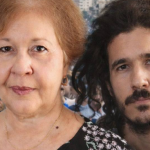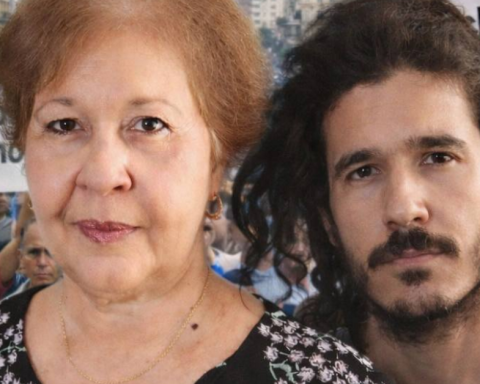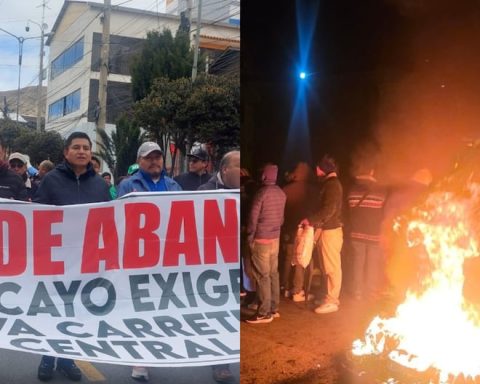Domingo Lovera is an academic at the U. Diego Portales, where his lines of research have been constitutional law, the right to protest and the constitutional rights of children and adolescents. He supported the Democratic Revolution (RD) in the negotiations that led to the Agreement for Chile and was part of the group of five experts that drafted the reform enabling a new constitutional process.
The Expert Commission elected by the National Congress will start drafting a draft on March 6, with a term of three months. The input will serve as a road map –non-binding– on which the Constitutional Council –elected by vote– will work. In addition, they will have the right to speak during the constituent process and will be able to vote in the harmonization instance –towards the end of the process–, within a mixed commission.
-Your coalition, Approve Dignity, said –during the negotiation of the constitutional agreement– that the experts were going to lack democratic legitimacy. Do you currently see value in the space?
-Absolutely. It should be taken into account when those objections were raised. During the talks there were different alternatives, one of them consisted of the entire constituent body being an appointed one and not a popularly elected one. As the conversations were decanting, what must be noted is that the Expert Commission is one designated by the National Congress, which then enjoys an indirect democratic legitimacy. Having said that, it is important that the Expert Commission bear in mind and behave in such a way as to allow the true actor in this process, which is the Constitutional Council, to take center stage.
-What would be the key role of the Expert Commission?
-The Expert Commission has a mission to fulfill, a task given by the constitutional reform, which is to draft the draft. So that the work of the Constitutional Council is not constrained too much, it seems to me that the commission should take care not to regulate matters and issues in such detail, and when possible, leave room for broad decision-making for the Constitutional Council.
– What does it mean in the concrete that spaces for decision must be left for the Constitutional Council?
-That allows footwork. For example, in some matters where there is too much disagreement, why close them? Suddenly, placing alternatives that allow the Council to opt for one option or another.
-Economist Guillermo Ramírez stated that a mistake would be made if the progressive application of some version of the parliamentary system is not considered in the next constituent body. Is there room to make these changes?
-There is space. If one observes the bases that were agreed upon, at least with respect to these issues, the only thing that is indicated is that the Head of Government, mind you, not the Head of State, is going to have the title to present bills that imply spending on the Condition.
I don’t know if there will be enough political support to move forward with a discussion that advances towards semi-presidentialism. But there is an understanding that it is necessary to set up a political system in such a way that the coalition that wins an election can implement its government plan, something that today is very difficult.
-When within the twelve bases it is made explicit that the Legislative Power is made up of the Chamber of Deputies and the Senate, is there the possibility of establishing different attributions to each Chamber?
-Clear. What the bases provide is that the National Congress must be composed of two Chambers, but it does not impose anything regarding how these two instances should be integrated, nor their powers. This is going to happen because there is a transversal political agreement that allows rethinking what type of attributions they want to change and maintain, of each of the Chambers. How each one participates in the process of formation of the law; how is it going to be composed, for example, if we make the Senate dialogue more with the regional representation.
-How can fragmentation be combated through a new Constitution?
-We have elected presidents and presidents who find themselves with a Congress where they do not have a parliamentary majority, and where the policies and promises of the Government end up being impossible to be implemented. This generates discomfort among citizens, who feel that the problem is the democratic system. A system that is too handcuffed is the one that must be tried to be corrected. For example, lower quorums in Parliament. The key is to have the space to think that our institutions could be different, and that we have problems that need to be solved.

















